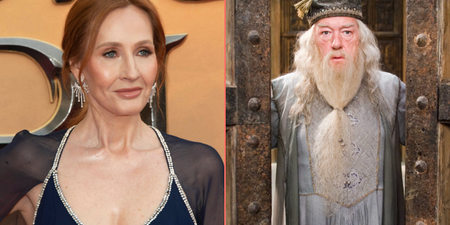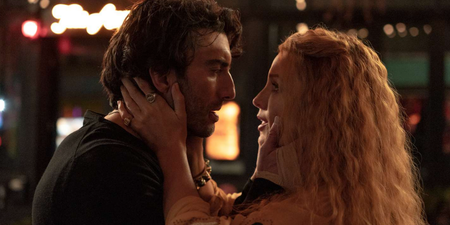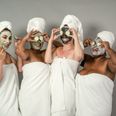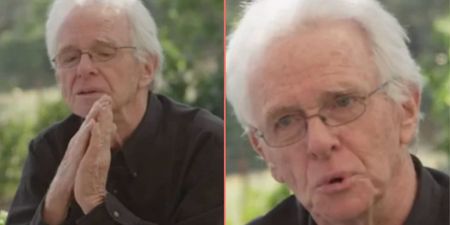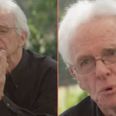“I really hope that you don’t entirely lose what was valuable in these stories to you.”
Daniel Radcliffe has responded to JK Rowling’s recent comments about the transgender community.
The Harry Potter author said recently that if sex “isn’t real,” the experiences of women are “erased.”
She also mocked the term “people who menstruate” on Twitter, stating: “I’m sure there used to be a word for those people. Someone help me out. Wumben? Wimpund? Woomud?”
Radcliffe, who played the titular character in the film adaptations of the Rowling’s global series, said that he didn’t want his decision to speak out to be portrayed as “in-fighting”, but that he felt “compelled to say something at this moment.”

“Transgender women are women,” said Radcliffe via LGBT suicide prevention charity The Trevor Project.
“Any statement to the contrary erases the identity and dignity of transgender people and goes against all advice given by professional health care associations who have far more expertise on this subject matter than either Jo or I.
“According to The Trevor Project, 78 percent of transgender and nonbinary youth reported being the subject of discrimination due to their gender identity. It’s clear that we need to do more to support transgender and nonbinary people, not invalidate their identities, and not cause further harm.”
Radcliffe went on to say that he was still learning to be a better ally to the transgender community, and that he is “deeply sorry” for the hurt Rowling’s comments have caused.

“To all the people who now feel that their experience of the books has been tarnished or diminished, I am deeply sorry for the pain these comments have caused you,” he said.
“I really hope that you don’t entirely lose what was valuable in these stories to you.
“If these books taught you that love is the strongest force in the universe, capable of overcoming anything; if they taught you that strength is found in diversity (…) if you found anything in these stories that resonated with you and helped you at any time in your life — then that is between you and the book that you read, and it is sacred.”
You can read Radcliffe’s statement in full here.








